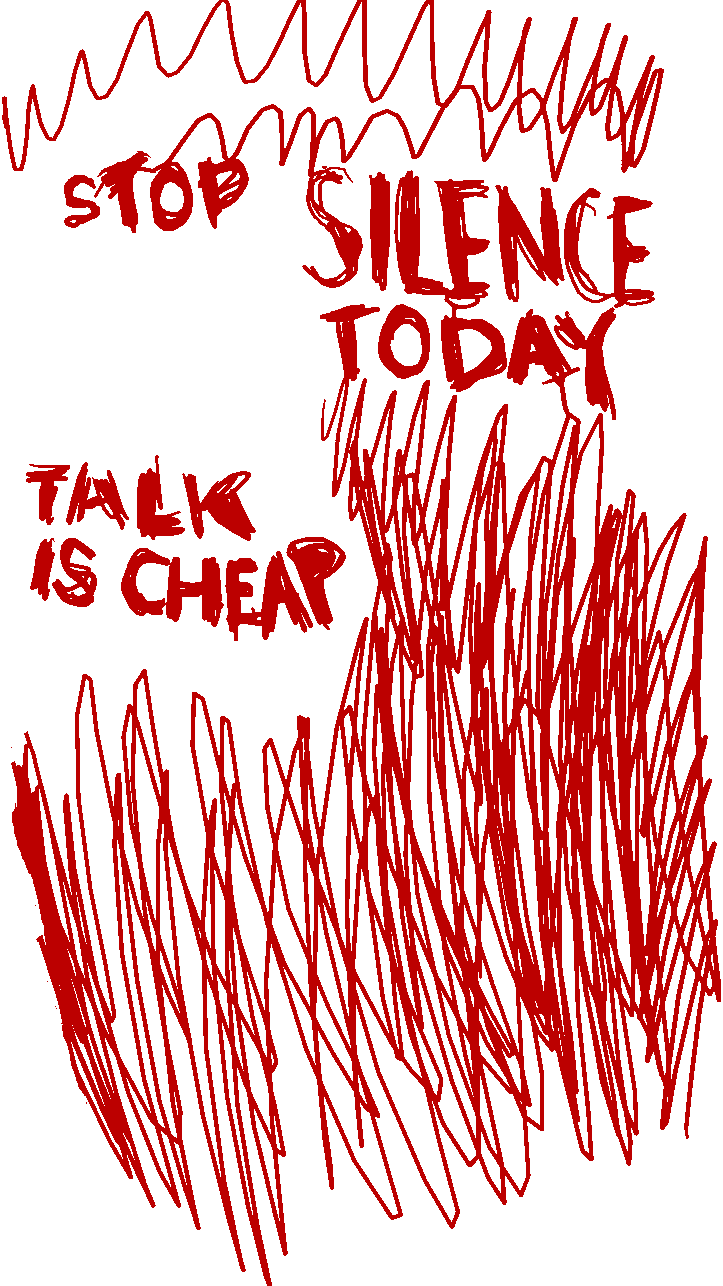There is one thing that Russian and Ukrainian accounts agree upon: The fighting around the eastern city of Bakhmut is relentless, and the casualties — on both sides — are high.
A fierce fight in the streets: Until a few weeks ago, the battle was waged largely with tanks, artillery and mortars. But Bakhmut has increasingly become a field of urban combat, with every street and building in the suburbs and surrounding villages contested.
Russian forces — including fighters from the Wagner private military company — have edged toward the center of the city from the east, south and north.
Ukrainian units have launched frequent counter-attacks to try to reclaim some territory and preserve their precarious access to Bakhmut from the west. That access has become gradually more complicated as routes into the city have come under control of Russian forces.
Ukrainian soldiers on unofficial social media accounts have said they are increasingly reliant on dirt roads to reach — and leave — Bakhmut, tracks that may become impassable as the frost turns to mud.
Russia aims to encircle Ukraine’s troops: Rather than drive directly toward the city center, Wagner groups have sought to surround the city in a wide arc from the north. In January, the groups claimed the nearby town of Soledar, and have since taken a string of villages and hamlets north of Bakhmut.
That process appears to have gone a step further in recent days, with Wagner apparently reaching the village of Yahidne immediately to the northwest of Bakhmut. The village sits on a route that, until recently, was used by Ukrainians to get in and out of the city.
The next target for the Russians could be the town of Chasiv Yar, a straggling collection of Soviet-era apartment blocks, sitting on high ground which has already been extensively damaged. Ukrainian officials said it came under artillery fire again Sunday.
How long will Ukraine defend the city? The conundrum for the Ukrainian military is whether it remains feasible to continue defending Bakhmut.
At the beginning of February, Ukrainian President Volodymyr Zelensky said, “No one will surrender Bakhmut. We will fight as long as we can. We consider Bakhmut our fortress.”
More recently, in an interview with Italian media, Zelensky’s tone was slightly different. “It is important for us to defend (Bakhmut), but not at any price and not for everyone to die,” he was quoted as saying.
If Bakhmut can no longer be held, it will be important to note where Ukrainians choose to draw their next defensive lines. The cities of Kostiantynivka and Kramatorsk are not far to the west of Bakhmut and have already registered an uptick in Russian missile attacks.
For now, there’s no sign of a withdrawal of Ukrainian units from the Bakhmut area, and the brutal fighting wears on.




















